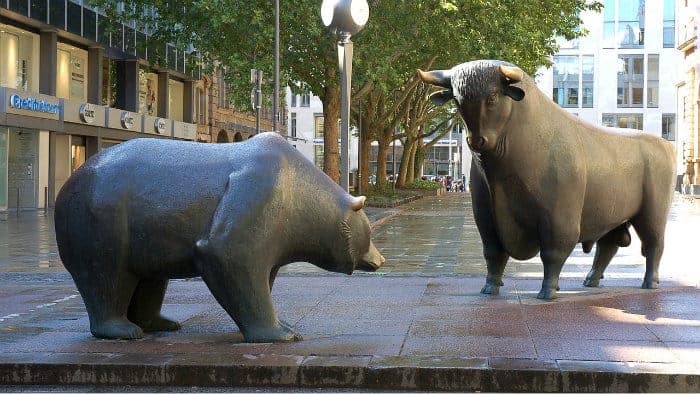It is somewhat surprising that 2016 has ended on a positive note, despite Trump’s surprising electoral victory and the fears of yet another financial crisis emerging at the start of the year. It was the deep slump in commodities, along with the potential of yet another European banking crisis, that triggered many sleepless nights for investors over the course of the year.
Nonetheless, since Trump’s victory, U.S. markets have surged to new highs, commodities–or at least base metals–have rallied, and an increasing sense of optimism for the outlook of the global economy has filled financial markets. There are signs, nevertheless, that the global economy is not out of the woods, and the following potential “black swan” events pose very real threats.
Now what?
Firstly, political unrest and uncertainty is spreading across the globe.
The rise of nationalism poses a real threat to global stability and the very existence of many global institutions that are taken for granted.
Nationalism has been flagged as a key threat to the integrity of the European Union and caused several distinguished commentators, including Prince Charles, to draw parallels between the rise of the nationalsim and that of fascism in the 1930s. It was those events that eventually triggered a breakdown of the existing world order and thus global war.
Secondly, the rise of protectionism, the end of free trade, and the emergence of trade wars could be of concern.
Protectionist trade policies form a key plank in Trump’s platform. One of the biggest concerns is that the emergence of a protectionist America would trigger a trade war with China and disrupt existing trade alliances. This would have a marked impact on global economic growth and could even trigger stagflation.
Finally, the threat of a hard landing in China still sends shivers down almost every investors’ back.
Despite the surge in economic activity in China being directly responsible for the solid rebound in many commodities, there are fears that it could peter out just as quickly as it began.
Beijing’s economic stimulus has almost exclusively relied on credit, creating a massive trillion-dollar debt bubble that many pundits believe is unsustainable.
The risks that this poses to the global economy are massive.
China is the world’s single largest consumer of commodities, apart from crude, and is responsible for 15% of global GDP, so any hard economic landing would certainly spill over into the global economy.
It appears that Beijing has finally recognized the systemic risk posed by an overreliance on credit to achieve its dogmatic adherence to a 6.5% GDP growth target. President Xi Jinping recently announced that China is not wedded to the target.
Nevertheless, even a modest slow down in China’s growth would have sharp impact on commodities and the potential to trigger yet another slump. This doesn’t bode well for miners such as Teck Resources Ltd. (TSX:TECK.B)(NYSE:TECK) and First Quantum Minerals Limited (TSX:FM), which have benefited significantly from the resurgence in commodities.
So what?
While the likelihood of these events occurring on such a scale so as to trigger a financial meltdown is slim, it is always prudent for investors to hedge against such risks. One of the best means of doing so is by investing in quality companies that have wide economic moats, proven businesses, and that operate in industries with relatively inelastic demand.
A stock that stands out for these reasons and more is Brookfield Infrastructure Partners L.P. (TSX:BIP.UN)(NYSE:BIP). Not only does it own and operate hard assets in oligopolistic markets that allow it to be a price maker to some extent, but those assets remain in demand regardless of the state of the economy. Importantly, most of its earnings are protected from economic slumps because they are contractually locked in.








